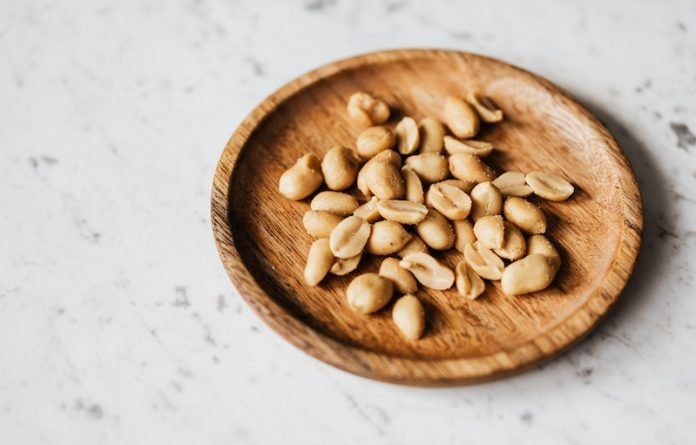
A new study from the University of Barcelona suggests that adding peanuts and peanut butter to your diet may be good for your heart health.
Peanuts are a type of nut that is rich in fatty acids, protein, fiber, and polyphenols, which are compounds that have antioxidant and anti-inflammatory properties.
The study tested 63 healthy young people aged between 18 and 33. They were asked to eat a daily portion of peanut products, such as peanut butter, for six months.
The researchers measured the levels of phenolic metabolites, which are compounds that come from polyphenols, in their urine before and after the study.
The results showed that those who ate peanuts and peanut butter had higher levels of phenolic metabolites in their urine compared to those who ate a cream without fiber or polyphenols.
The researchers also found that these participants had improved levels of two types of lipid molecules, prostacyclin I2 and thromboxane A2, which are considered markers of vascular health.
This is the first study to show that eating peanuts can improve vascular markers related to the antithrombotic and vasodilator effects in healthy young people.
The findings suggest that consuming peanuts and peanut butter may help protect against cardiovascular diseases and diabetes.
Although the study provides promising results, the researchers acknowledge that more research is needed to fully understand the mechanisms behind the positive effects of peanut consumption on vascular health.
The study was carried out as part of the ARISTOTLE project, which aims to analyze the prebiotic and postbiotic effects of consuming peanut products.
Health benefits of peanuts
Peanuts are considered nuts in terms of nutritional composition and are the most widely consumed nuts worldwide.
They are high in fatty acids, protein, fiber and polyphenols, making them a convenient, accessible and nutrient-rich snack that contributes to a healthy lifestyle.
Recent studies have suggested that consuming peanuts and peanut butter may have a beneficial impact on vascular health, improving markers related to the antithrombotic and vasodilator effects in healthy young people.
The polyphenols found in peanuts are believed to have antioxidant and anti-inflammatory properties, which can protect against cardiovascular diseases and diabetes.
Furthermore, peanuts are a good source of monounsaturated and polyunsaturated fats, which are known to lower bad cholesterol levels and decrease the risk of heart disease.
They also contain vitamins and minerals, including vitamin E, magnesium, potassium, and zinc, which contribute to overall health and well-being.
Peanuts are also a good source of protein, making them an ideal snack for those looking to increase their protein intake.
Additionally, their high fiber content can help promote satiety, making them a satisfying and filling snack.
However, it is important to note that peanuts are also high in calories, so they should be consumed in moderation as part of a balanced diet.
If you care about nutrition, please read studies about how Mediterranean diet could protect your brain health, and the best time to take vitamins to prevent heart disease.
For more information about nutrition, please see recent studies about coconut sugar that could help reduce blood pressure and artery stiffness, and anti-inflammatory diet could help prevent fatty liver disease.
The study was conducted by Professor Rosa M. Lamuela et al and published in Antioxidants.
Copyright © 2023 Knowridge Science Report. All rights reserved.



